The Seven Biggest Geopolitical Threats Facing the World in 2021
Past crises have often been an opportunity for the world's leaders to work together.
9/11, the Financial Crisis of 2008 ... they shocked key political figures into collective, unified action.
While it might be hoped that a global pandemic would do the same, the current geopolitical climate is vastly different.
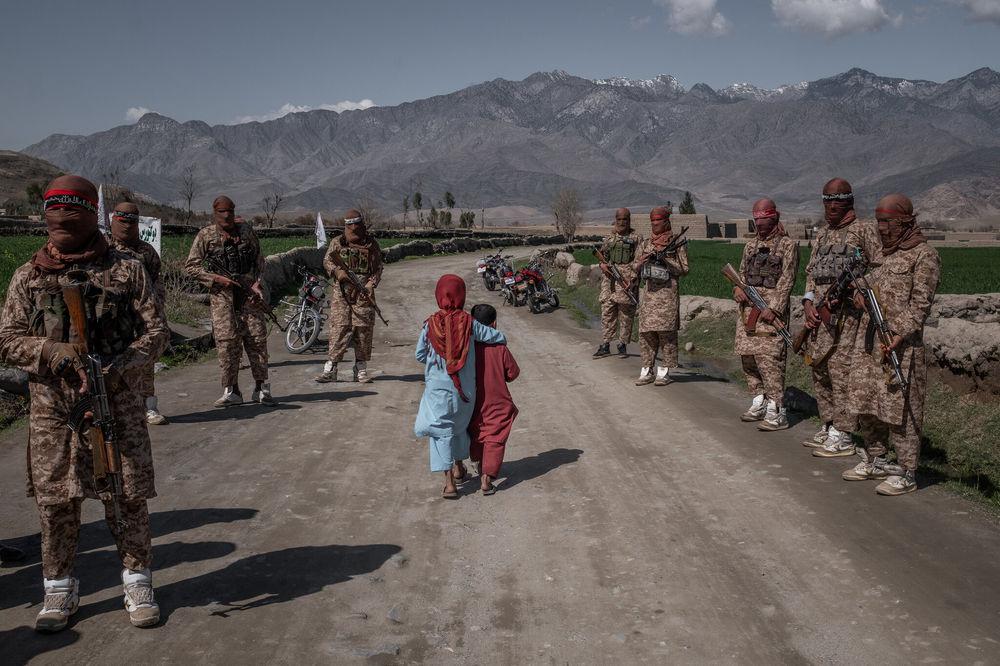
Rightly or wrongly, the world has often looked to the USA to restore stability in past times of crisis.
But the world's largest superpower is currently plagued with its own issues, from unemployment, to a volatile political climate, to questions over the very legitimacy of its democracy.
As Eurasia Group cheerfully put it:
'At the start of 2021, the United States is the most powerful, politically divided, and economically unequal of the world's industrial democracies. China is America's strongest competitor, a state capitalist, authoritarian, and techno-surveillance regime that is increasingly mistrusted by most G20 countries. Germany and Japan are much more stable, but the most powerful leaders both have had in decades are out (former Prime Minister Abe Shinzo) or on their way out (Chancellor Angela Merkel). Russia is in decline and blames the US and the West for its woes. And the world is in the teeth of the worst crisis it has experienced in generations. Happy New Year. '
So, what are the biggest geopolitical threats we are likely to face in 2021?
Read on.
7) Angela Merkel's Departure
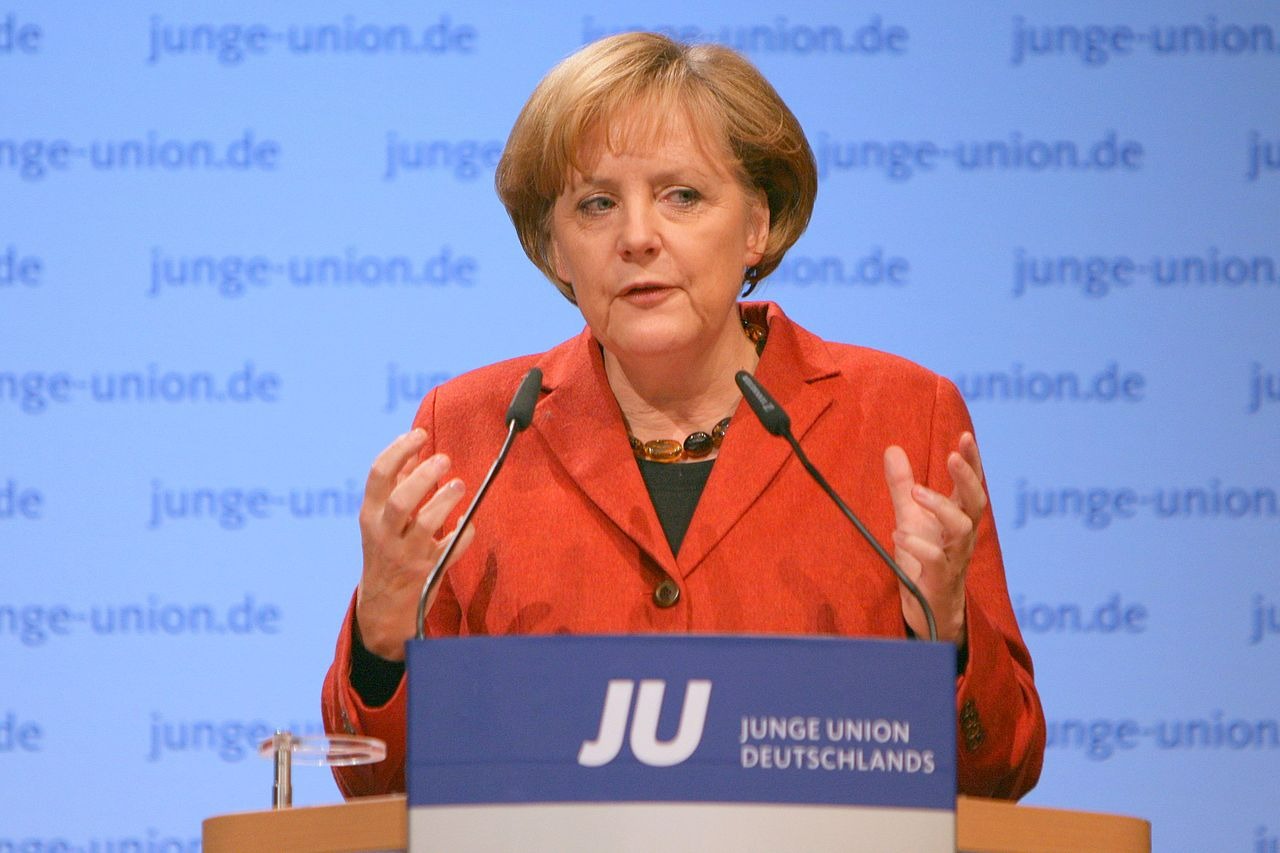
Often regarded as the most powerful woman in the world, Angela Merkel has been an integral cog in the European machine.
Most have lauded her (and Germany's) handling of the coronavirus pandemic, and - without Merkel's deft political skills - the EU would have faced an even larger internal split, after Poland and Hungary disagreements.
Along with France's and Germany's competing visions for Europe and shared desire to take the reigns, this is the largest (non-Covid) threat to the continent.
It is unlikely that French President Macron will view the new German Chancellor as his equal, which may cause rifts over the de-facto leadership of the EU.
In the past, Merkel's level-headedness has been vital in calming such tensions, but, after fifteen years of leadership, her departure in 2021 may cause them to flare up once more if the situation is not handled delicately.
As seen below, Turkey may well present a serious challenge to a distracted, Merkel-less EU.
Should France attempt to get tough and impose sanctions, Turkey might threaten another refugee crisis to destabilise Europe, and reignite naval disputes in the Eastern Mediterranean, Black Sea and Bosporus Strait, risking direct conflict.
6) Houthi Insurgency in Yemen
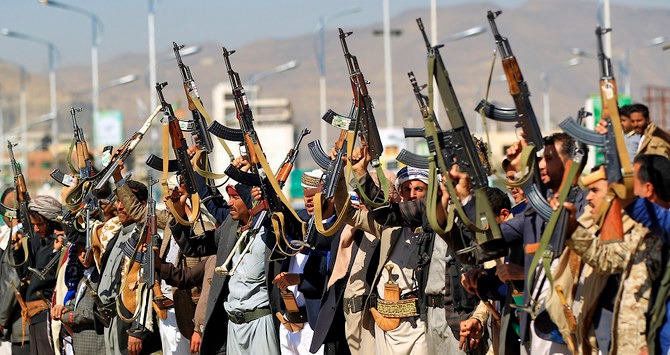
Right now, the USA is preparing to officially label the Houthi rebels in Yemen as a foreign terrorist organisation.
This is one of the last warning steps that can be taken against the group, although it is not clear how this label of 'terrorist' will deter the Houthi rebels.
In 2015, Mohammed bin Salman (Prince of Saudi Arabia) began a military intervention against the Houthis.
That campaign has resulted in the deaths of civilians, the destruction of infrastructure, and a humanitarian crisis which has resulted in a nationwide famine affecting millions of Yemenis.
By supporting the Houthi rebels in a proxy war, Iran has heightened the animosity between them and Saudi Arabia, another potential Middle Eastern flashpoint.
Oxfam estimates that 80% of Yemenis live below the poverty line, and nearly half of all the country's children suffer from malnutrition and, consequently, stunted growth.
On 20 November, 2020, the UN secretary general, António Guterres, said that Yemen was “now in imminent danger of the worst famine the world has seen for decades.”
This is one of the worst humanitarian disasters in decades, and, if relations continue to deteriorate, it will spiral horribly out of control.
5) The Blunders of President Erdoğan
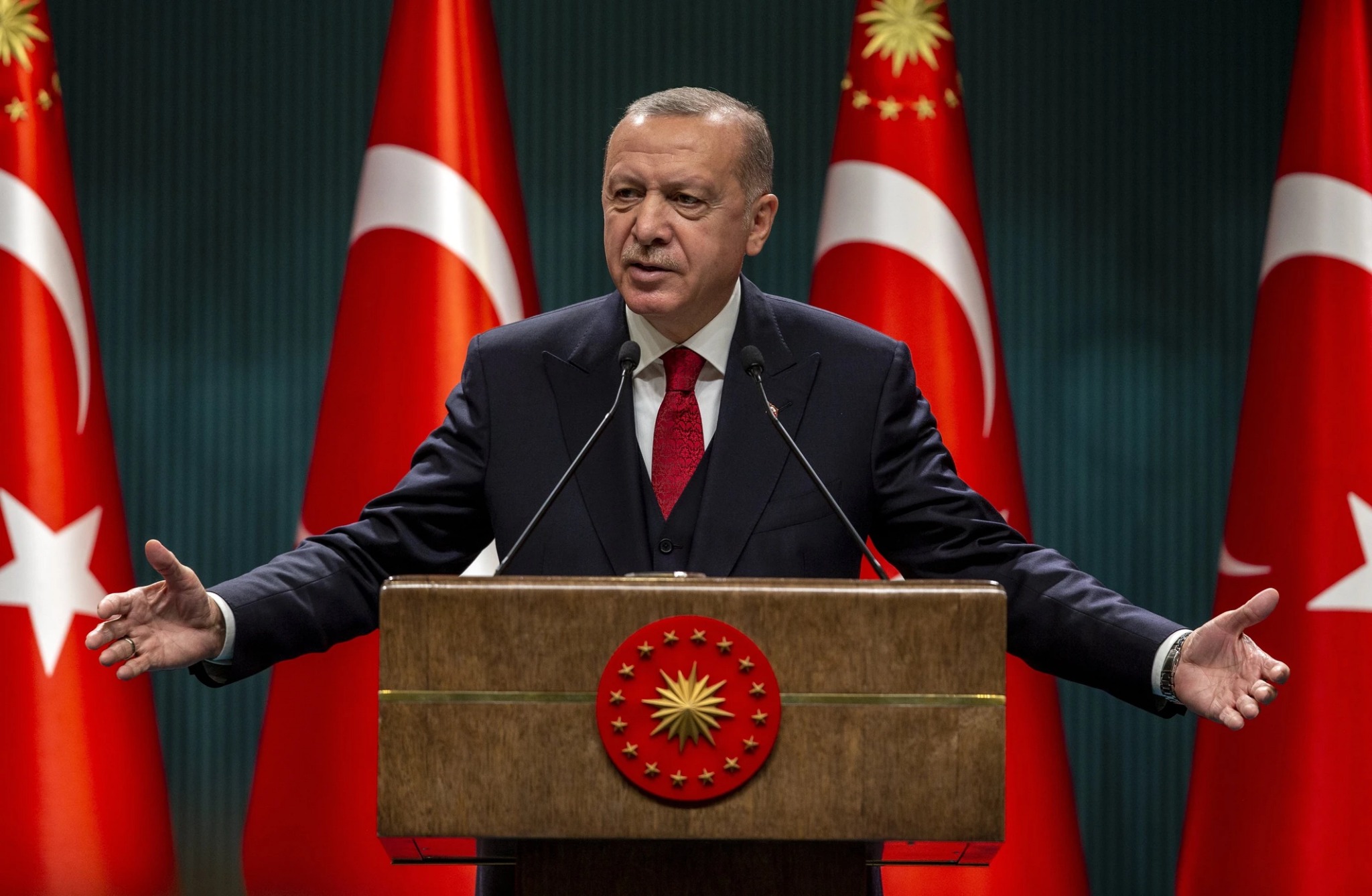
In 2017, Erdogan all but ended Turkish democracy.
Initially, he had been the hope of the Islamic world; when he became Prime Minister of Turkey in 2003, most Western leaders wanted him to succeed, seeing him as a bridge between cultures.
But, after declaring himself winner of a national referendum in 2017, he granted himself a range of new powers, including:
- control over the judiciary
- power to make law by decree
- the abolition of the office of the Prime Minister
- the end of Turkey’s parliamentary system
These changes effectively made him a dictator, whose rule could conceivably last until 2034.
Given Turkey's narrow dodge of a financial crisis at the end of last year, and Erdogan's poor response to Covid-19, many voters are disillusioned with his two-decade rule.
Faced with these dynamics, and the prospect of losing allies who have tolerated his decisions (namely Trump and Merkel), Erdogan may seek to reinvigorate nationalist support through various forays abroad.
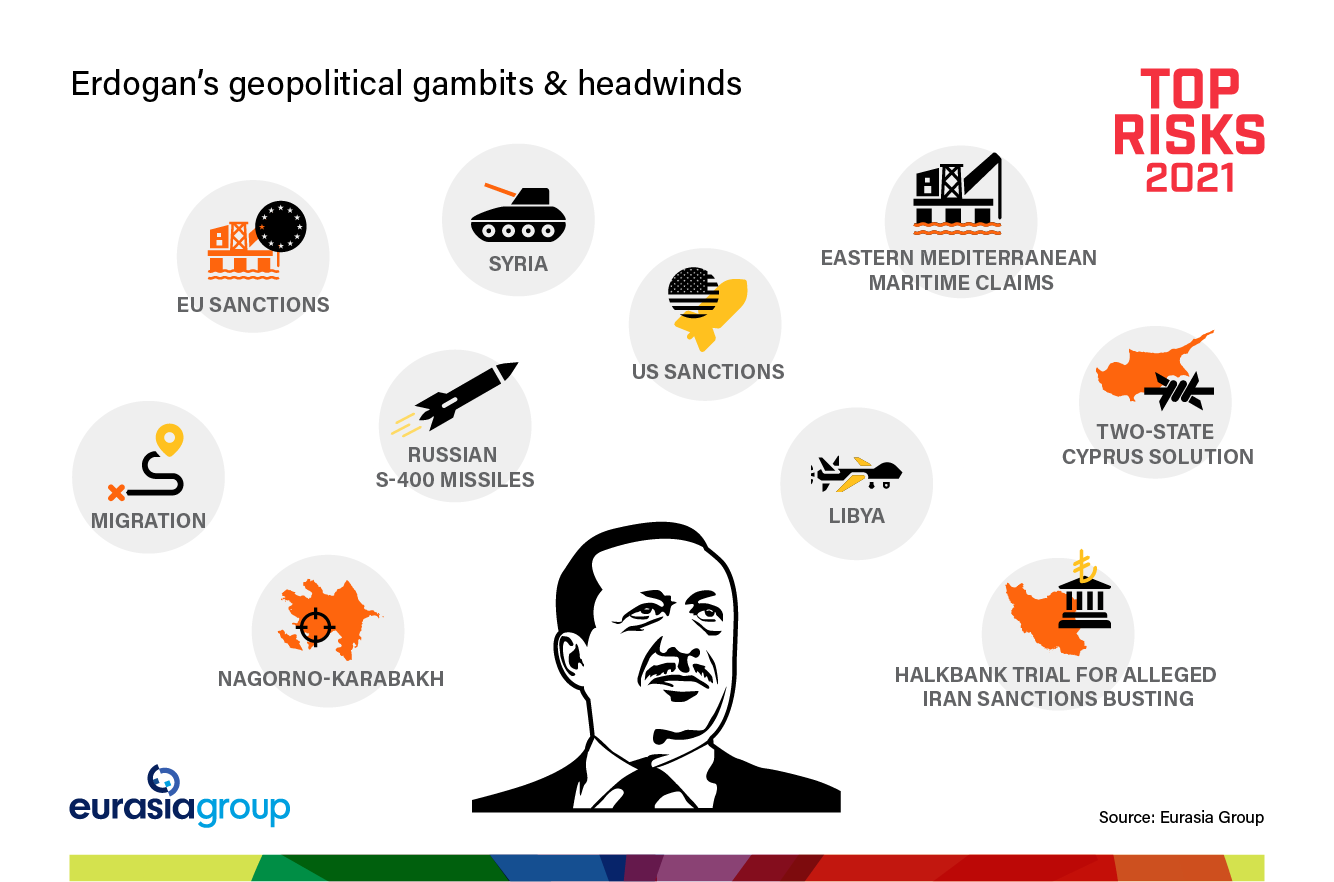
As touched upon above, Erdogan will use the threat of an influx of immigrants into the Europe to his geopolitical advantage.
Despite attempts to find alternative funding sources (namely China), Turkey is still dependent on Western money, and so such misadventures will inevitably result in more US sanctions later in the year.
This will be a severe blow to the already struggling Turkish economy, and a severe threat to relations between Turkey, America, the EU, and the Middle East...
4) The Impact of Low Oil Prices on the Middle East
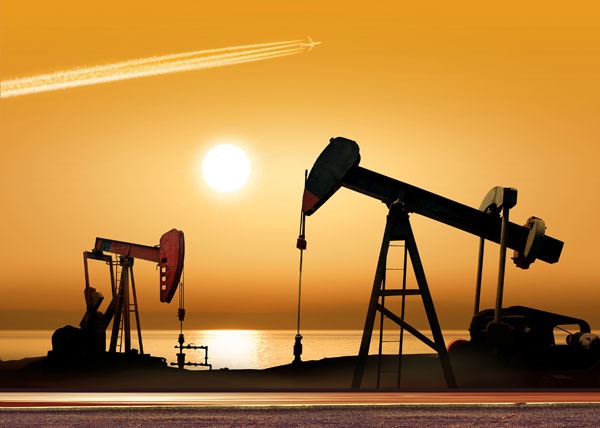
2020 was a year which weakened economies like no other.
By most accounts, 2021 could be even worse, particularly for countries which rely heavily on energy exports - namely Iran, Iraq & Saudi Arabia.
When economic hardship hits, many Middle Eastern governments will cut spending, which will increase unemployment and, consequently, fuel protests.
Iraq appears to face the biggest threat.
Aside from widespread corruption and a disastrous response to Covid-19, oil accounts for 90% of the Iraqi government's revenue.
Moreover, the domestic situation in Iraq is extremely volatile, with the country divided into three between the Sunnis, Shias, and Kurds - a division that terror group IS are exploiting.
The fragile institutions still in place are pressurised by Iran-backed Shia militias, with instability and violence very much a possibility.
Tensions between Iran and Israel are mounting, as the Israelis feel threatened by the Iranian government building nuclear weapons, not only because this will match their own, but because it may panic other Arab countries into following suit.
In a worst-case scenario, this could result in an Israeli air strike on Iran’s nuclear sites.
Right now, the most violent conflict in the Middle East is being fought in Yemen - with the Iran-backed Houthi insurgents against the Saudi-backed government.
But, as analysed above, this is only a proxy war: a war instigated and supported by two opposed states (in this case Iran & Saudi Arabia), who do not fight one another directly, but use/finance other parties to do so on their behalf (the Houthi insurgents).
Should relations between Iran and Saudi Arabia escalate further, the conflict in Yemen could be transcended by direct war between the two Middle Eastern powers.
The damage of this, nuclear or not, would be catastrophic.
3) China's Foreign Relations
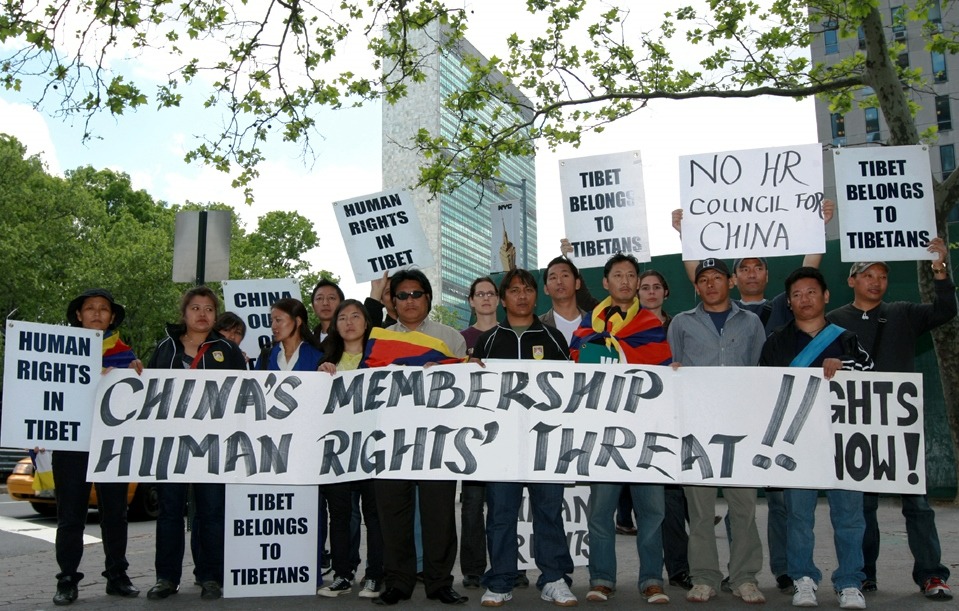
Global suspicion towards China is sky-rocketing.
Although relations between the US and China won't be as openly antagonistic as they were under the Trump administration, diplomatic battles are to be expected.
Throughout 2020, China's foreign policy has changed drastically.
President Xi Jinping's administration has unleashed a tactic of unmitigated aggression, shown by the following actions:
- lashing out at Australia for questioning China's handling of Covid-19
- strengthening Chinese claims in the South China Sea
- increasing patrols in the Japanese-controlled Senkaku/Diaoyu Islands
- clashing with India in the Himalayas
- sending warplanes into the Taiwan Strait
- charging Canadians Michael Kovrig and Michael Spavor with espionage after a Canadian court refused to stop extradition proceedings against Huawei CFO Meng Wanzhou
- warning the UK that it would 'bear the consequences' of excluding Huawei from its 5G network
- cracking down on the once semi-autonomous region of Hong Kong by enacting a controversial National Security Law and arresting multiple pro-democracy activists
- threatening the 'Five Eyes' coalition (UK, USA, Canada, Australia & New Zealand) for criticising these arrests, with a ministry spokesperson saying: "Regardless of whether they have five eyes or ten, if they dare to harm China’s national interest, then they should be wary of those eyes being poked blind” (quote from the Financial Times)
A lot can be understood about China's aggressive foreign policies by taking a closer look at its domestic policies.
The outbreak of Covid-19 has severely tested China's governmental system, and is perhaps the greatest challenge the system has faced since the infamous Tiananmen Square protests of 1989.
China's economy has shrunk for the first time in over forty years, a worrisome sign for a regime which intertwines success with economic growth and prosperity.
These factors have driven Xi Jinping to consolidate power by sidelining his potential rivals and promoting those loyal to his leadership.
For example, his anti-corruption campaign has purged over one million officials (including several members of the Communist Party’s Politburo), and his military reforms have increased his personal control over the People’s Liberation Army (PLA) - policies which echo those of Chairman Mao, more than any twenty-first century leader.
History has taught us that past wars have been caused by dysfunctional domestic policies, often more than heated international relations.
The aggressive, suppressive nature of China's policies ought to be a reminder of such a lesson.
Vaccine diplomacy will be a key topic of dispute between the US and China over the year to come, with Beijing signing export deals for its vaccines and agreements to produce them in key emerging markets, allowing it to strengthen ties in Southeast Asia, Latin America, and sub-Saharan Africa.
So yes, there will be a short cooling in US-Sino relations at the start of 2021, as President Biden focuses on domestic affairs, and President Jinping consolidates his personal power.
But don't expect it to last.
2) Domestic Turbulence in the USA
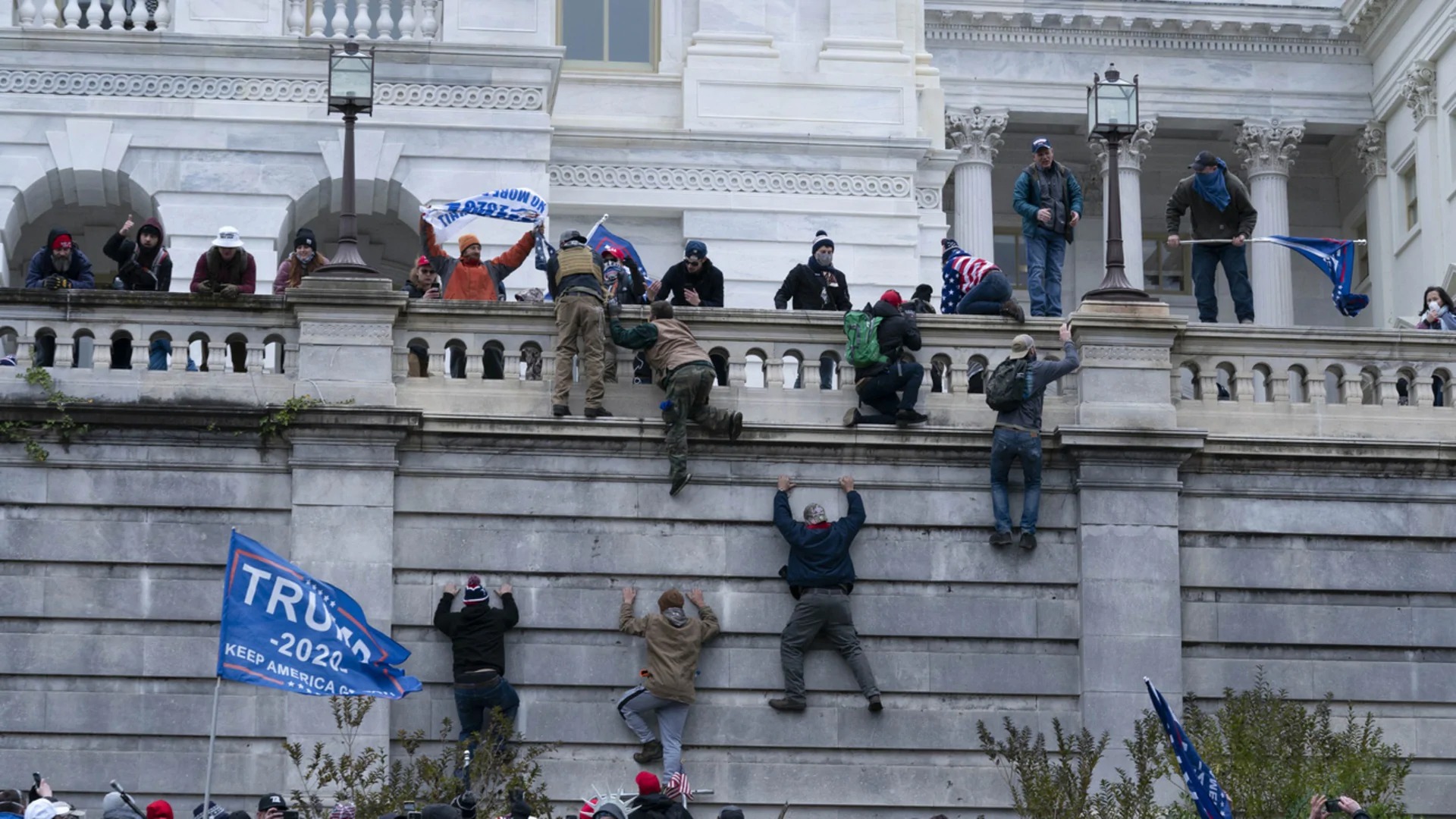
Never before has the USA witnessed events as undemocratic as on Wednesday, January 6, 2021.
What happened was enough to make America's Founding Fathers turn in their graves, but it epitomised the widespread mistrust, controversy, and divisiveness in the US.
A divided America, struggling to cope with its own domestic issues, is not in a strong position to guide the world back to stability following the Covid pandemic.
Those who view Trump's refusal to concede as a display of courage, and not a threat to democracy, will view Biden as an illegitimate President.
Facing this aggrieved opposition, the 46th President will find it difficult to govern, especially considering that the Republicans won enough votes to make inroads in the House of Representatives.
By replacing the late Ruth Bader Ginsburg with Justice Amy Coney Barrett, Trump has ensured that the Supreme Court is predominantly conservative.
According to Eurasia Group, "Biden will emerge with the weakest mandate since Jimmy Carter in 1976. Few observers believe he will run for re-election in 2024."
With no prospect of long-term stability, and the half of the country at polarising odds with one another, let us hope that America's domestic quarrels do not spread further discord around the world.
1) Healthcare & Economic Response to Covid-19
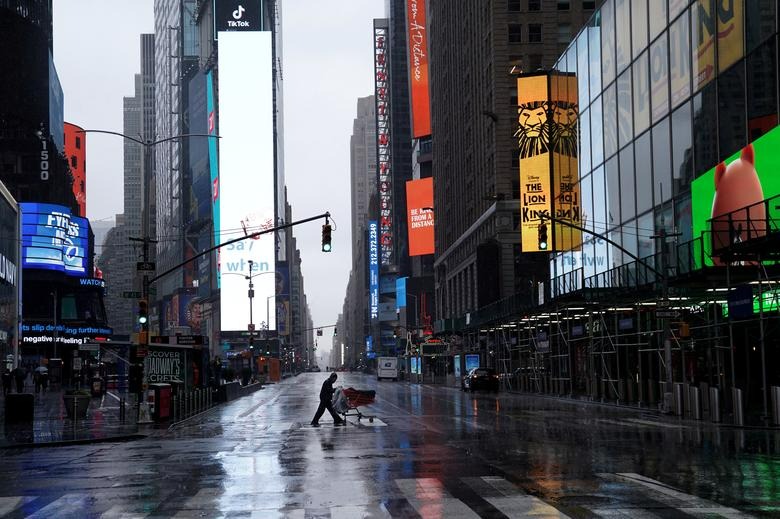
Little else can compare in terms of harm and threat than the inescapable Covid-19.
'Long Covid', as some experts are dubbing the possibility of the virus re-appearing periodically, is the greatest overarching threat humanity faces.
It is not only detrimental to our individual health and economies, but it exacerbates all other aforementioned geopolitical threats.
But this year begins with promising medical news than many experts thought unlikely.
While vaccine diplomacy and debates over its trustworthiness may initially deepen rifts (both domestically and internationally), the development of a medical solution has citizens around the world daring to hope that life may return to normal in 2021.
Is that hope naïve?
Only time will tell, but having such hope is crucial in sustaining morale.

Post a comment